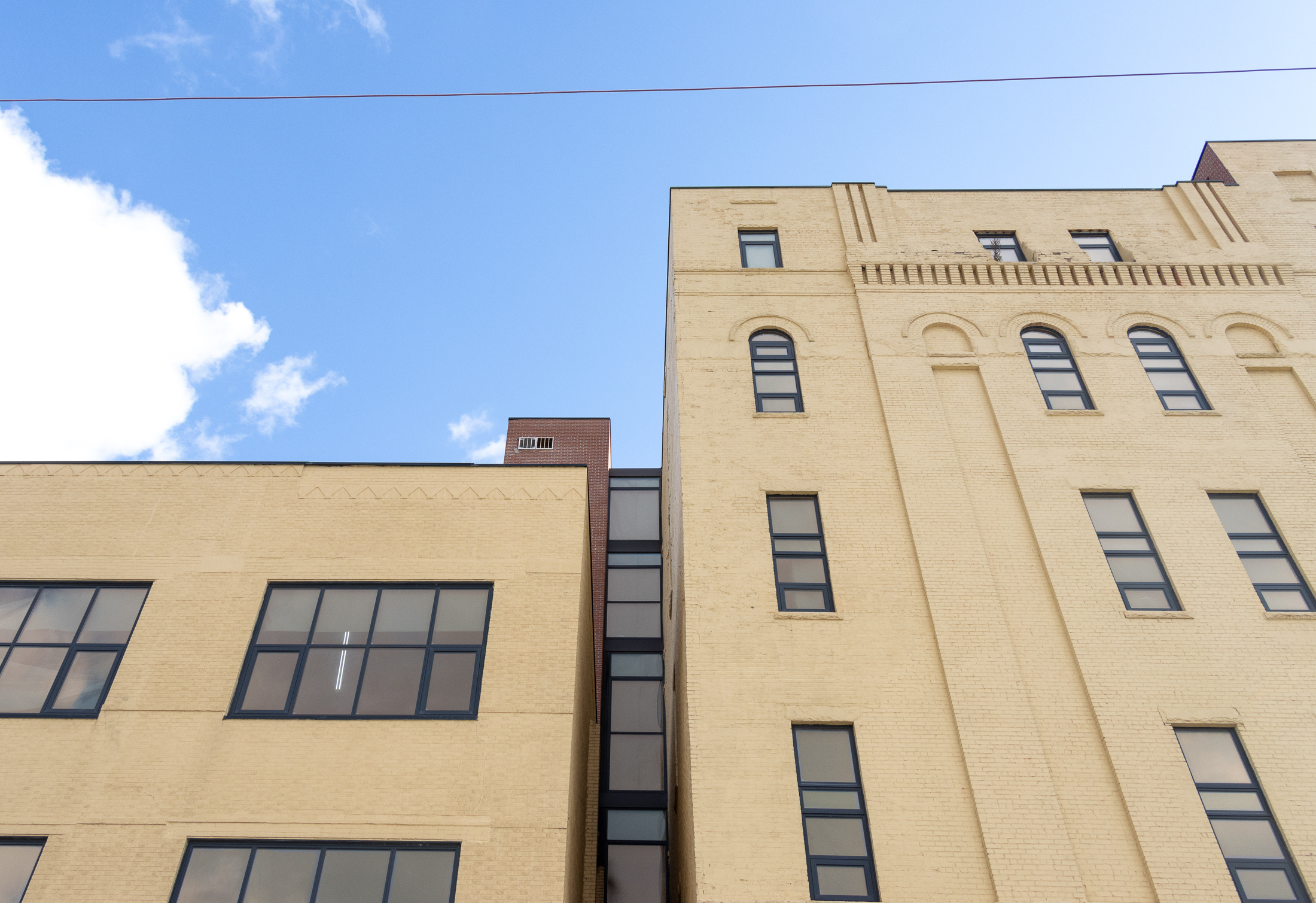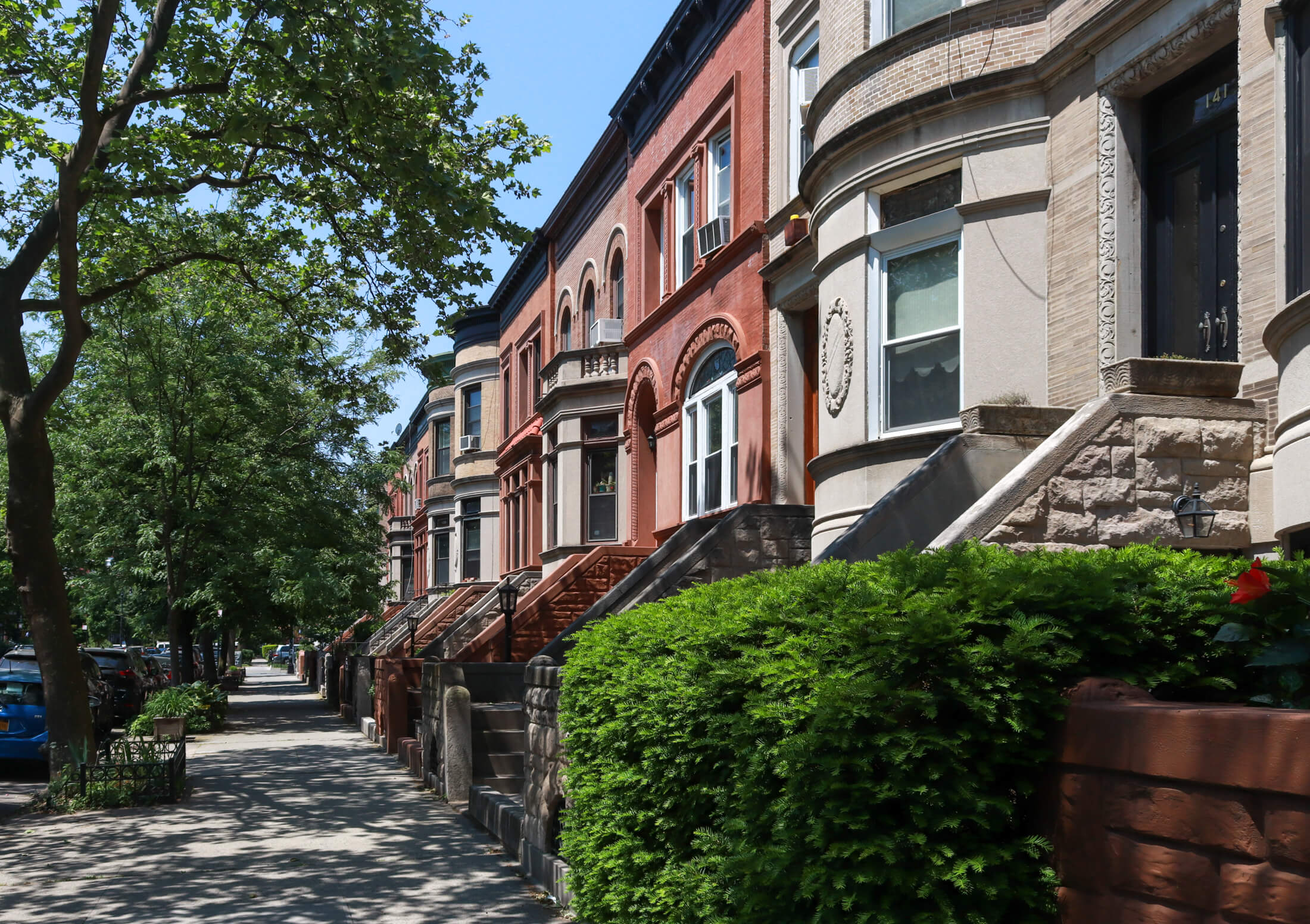How to Rent an Apartment in New York City
Industry experts share their best tips on how to rent an apartment in the five boroughs.

Photo by Barbara Eldredge
The New York City real estate market is hard enough to navigate for experienced locals, let alone first time renters and those new to the city. For the benefit of both those fresh to the apartment hunt and those so jaded they’ve forgotten the basics, here is a debriefing on some of the most helpful and important tips from industry experts on making the most of the New York rental market.
[instagram_embedding url="https://www.instagram.com/p/BFMCM1YlBlr/"]How to work with brokers
Within the five boroughs, you can expect rental brokers to play a vital role in the apartment-renting process. A broker is a real estate agent who charges renters for finding them an apartment. The broker fee is typically a percentage of the apartment’s rent. Often in the thousands of dollars, it can add up to one month’s rent or slightly more. There are some instances when a renter will not pay the broker, such as when the owner has agreed or volunteered to pay the broker’s fee or the agent is the owner or management company (sometimes known as a no-fee rental).
Note that you don’t necessarily pay more to work with a broker, if the rent is slightly less than it would be for a no-fee apartment. You don’t necessarily pay more up front, either, since you may be asked for first month’s rent, security deposit and the broker’s fee when there is one — or last month’s rent when there is no broker fee.
Beware of scammers and work only with licensed agents, who typically work for established agencies.
For more information on no-fee rentals and where to find them, see Brownstoner’s no-fee apartment guide.
[instagram_embedding url="https://www.instagram.com/p/BIhz7alhFPu/"]Choose your price range and neighborhood
“Know the neighborhood you want to live in and take advice from friends who live in New York City as well,” Douglas Elliman broker Alex Calabretta told Brownstoner, a useful tip for those unfamiliar with the various offerings of New York’s many communities.
Even before determining your preferential neighborhood, it is important to gauge a realistic price range and then seek an apartment you know you can afford.
As well, what do you value most? Would you rather live a block from the subway, or a block from a grocery store? Would you rather live at the bottom or the top of a walkup? Where will you be working and what will your commute be like? These are important things to consider.
[instagram_embedding url="https://www.instagram.com/p/BG8LktslBgw/"]Getting the apartment
Although the 2014 New York City Housing and Vacancy Survey found the number of units in the city to be the most numerous since the survey began in 1965, it also found the vacancy rate to be an itty bitty 3.45 percent. What does this mean? That you have to decide quickly in this market, as decent apartments will disappear in a flash.
To ensure you are able to snap up your dream apartment when you find it, you should have all your paperwork in order.
“Have your paperwork ready before you come,” Town Residential broker John Chubet warns apartment seekers, “because the rental market is fast and having your documents in order can make the difference between getting the apartment or losing it to someone else who does.”
[instagram_embedding url="https://www.instagram.com/p/BGLNNKgFBuv/"]Indeed, the process may feel intrusive to some, as “landlords and management companies require prospective tenants to provide a lot of personal information,” according to Douglas Elliman broker Michael Gidaly.
Be prepared with photo ID, pay stubs, tax returns, bank account numbers, references and contact information for prior landlords. Some landlords may also require bank statements and a letter from your employer.
For those making low annual incomes, be sure to find a suitable service, or someone making significantly more than you, to be your guarantor.
In addition to being ready, timing is also of the essence. “Typically rental apartments hit the market the first week of the month (or towards the last week of the month), for apartments where leases start the following month,” Gidaly notes, an important bit of advice for those touring units from out of town.
Businesses Mentioned Above
Related Stories
- What Exactly Is a No-Fee Apartment, Anyway?
- Need Three Bedrooms, Two Baths? These 6 Great Options in 2 Boroughs Start at $3,667 a Month
- 6 Home-Inspection Deal Breakers
Email tips@brownstoner.com with further comments, questions or tips. Follow Brownstoner on Twitter and Instagram, and like us on Facebook.













What's Your Take? Leave a Comment